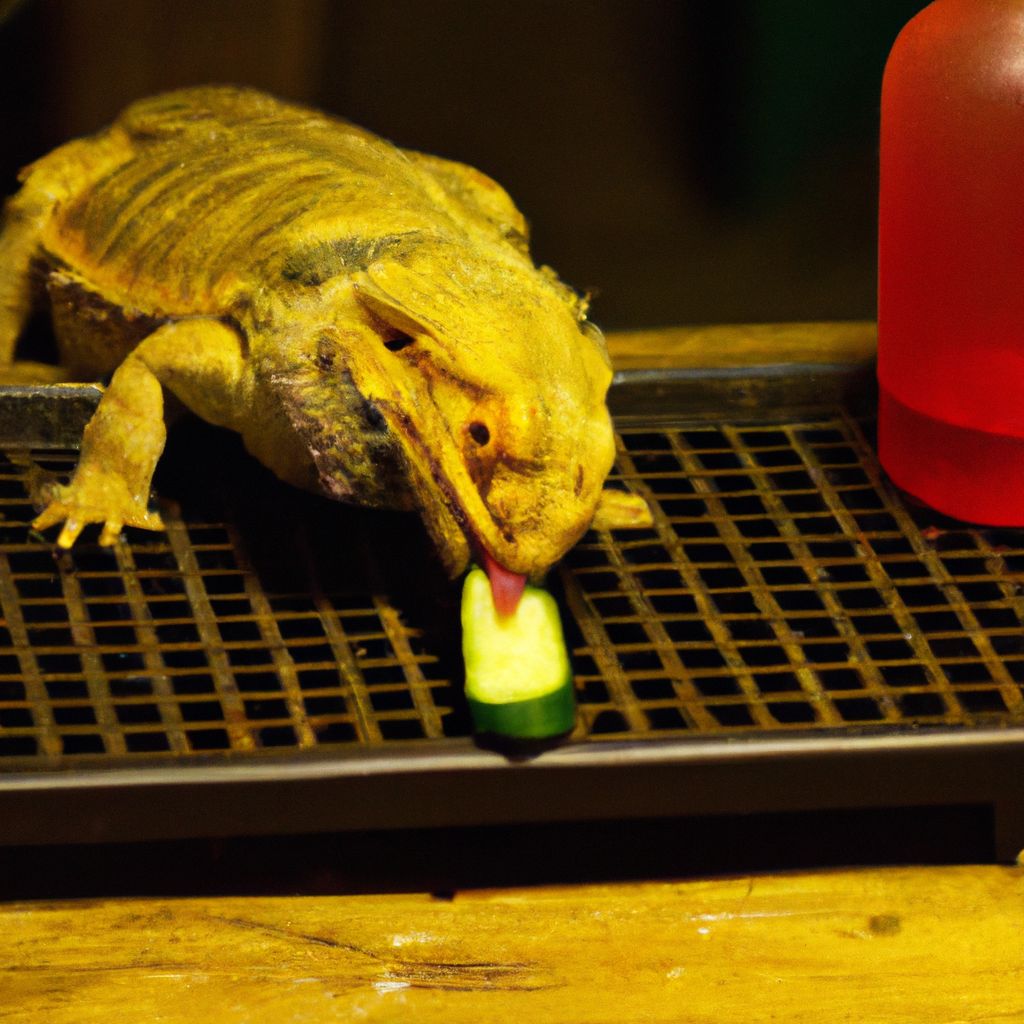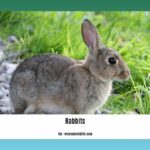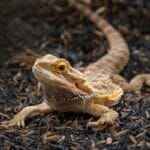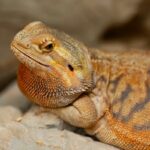Yes, bearded dragons can eat pineapple, but sparingly. Overfeeding can lead to health issues due to its high sugar and acidity. While pineapple offers some nutritional benefits, it’s crucial to understand the potential risks and follow safe feeding guidelines. This guide provides expert advice to help you make informed choices about including pineapple in your bearded dragon’s diet.
The Sweet and Sour of Pineapple: Benefits and Risks
Pineapple contains Vitamin C, fiber, and potassium, which can contribute to a bearded dragon’s overall health in small quantities. However, pineapple is also high in sugar and acidic, potentially disrupting their sensitive digestive system. Overconsumption can lead to diarrhea and other health issues. Therefore, pineapple should be considered a rare treat, not a regular part of their diet. Their primary nutrition should come from staple greens like collard and dandelion greens, and gut-loaded insects, which offer a better nutritional balance without the potential risks of pineapple.
Pineapple Portion Control: Serving Size and Frequency
Veterinarians recommend offering pineapple as an occasional treat, no more than once or twice a month. A serving size should be tiny—just a few bite-sized pieces, about the size of your dragon’s thumbnail. For baby dragons under six months, it’s best to avoid pineapple altogether as their digestive systems are still developing. Even if it seems like a small amount to us, overdoing it on pineapple could disrupt their delicate system and create a calcium imbalance.
Preparing Pineapple for Your Beardie: A Step-by-Step Guide
Prepare pineapple properly by removing the skin, core, and cutting it into small, bite-sized pieces to prevent choking hazards. Always choose fresh pineapple over canned varieties due to added sugars and preservatives. Here’s how:
- Select: Choose a ripe, fresh pineapple. Avoid canned pineapple due to added sugars.
- Peel: Carefully remove the rough outer skin and all the “eyes.”
- Core: Cut out the fibrous core, which is difficult for dragons to digest.
- Dice: Chop the remaining pineapple into tiny, manageable pieces.
- Serve: Offer only a very small amount as an occasional treat.
Beyond Pineapple: Exploring Alternative Treats
Looking for other healthy treats? Plenty of low-sugar, low-oxalate fruits are safer and more nutritious for bearded dragons. Consider small pieces of melon, apples (without seeds or core), mangoes, or berries as occasional treats. These options are less acidic and less likely to cause digestive upset. WNBm 103.9 FM often features segments on reptile care, which might provide additional treat suggestions.
Forbidden Fruits: What NOT to Feed Your Bearded Dragon
While pineapple is acceptable in moderation, some fruits should be completely avoided.
Absolutely Forbidden:
- Avocado: Contains persin, a toxin harmful to bearded dragons.
- Rhubarb: High in oxalates, interfering with calcium absorption.
- Citrus Fruits (oranges, lemons, grapefruits): High acidity can irritate their digestive system.
- Fruits with pits or seeds (apples, cherries, peaches): Contain cyanide compounds, which are toxic. While the flesh may be safe after meticulously removing all pits and seeds, it’s advisable to avoid these fruits altogether due to the risk.
Offer Sparingly:
- Apples (without core and seeds): High in sugar
- Peaches (without pit): High in sugar
- Apricots (without pit): High in sugar
- Berries: High in sugar.
- Pineapple: High in sugar and acid.
A bearded dragon’s diet should primarily consist of insects (especially for young dragons) and leafy greens. Fruits should only be a very small part of their overall diet.
Vet Consultation: Personalized Advice for Your Dragon
Every bearded dragon is unique. If your dragon has any pre-existing health conditions, consult a reptile veterinarian before introducing new foods, including pineapple. They can provide personalized advice based on your dragon’s specific needs and help you create a balanced meal plan.
The Bottom Line: Pineapple in Perspective
Pineapple can be an occasional treat for bearded dragons, but it’s not essential for their health. There are many safer treat options. Focus on a balanced, nutritious diet, primarily consisting of appropriate insects and leafy greens. A tiny sliver of pineapple now and then won’t hurt, but moderation and proper preparation are key. Ongoing research continues to explore the nutritional needs of reptiles. Stay informed about the best care practices for your bearded dragon! While current understanding suggests guidelines for safe fruit consumption, future studies may shed new light on their dietary needs.
- Crypto Quotes’ Red Flags: Avoid Costly Mistakes - June 30, 2025
- Unlock Inspirational Crypto Quotes: Future Predictions - June 30, 2025
- Famous Bitcoin Quotes: A Deep Dive into Crypto’s History - June 30, 2025
















